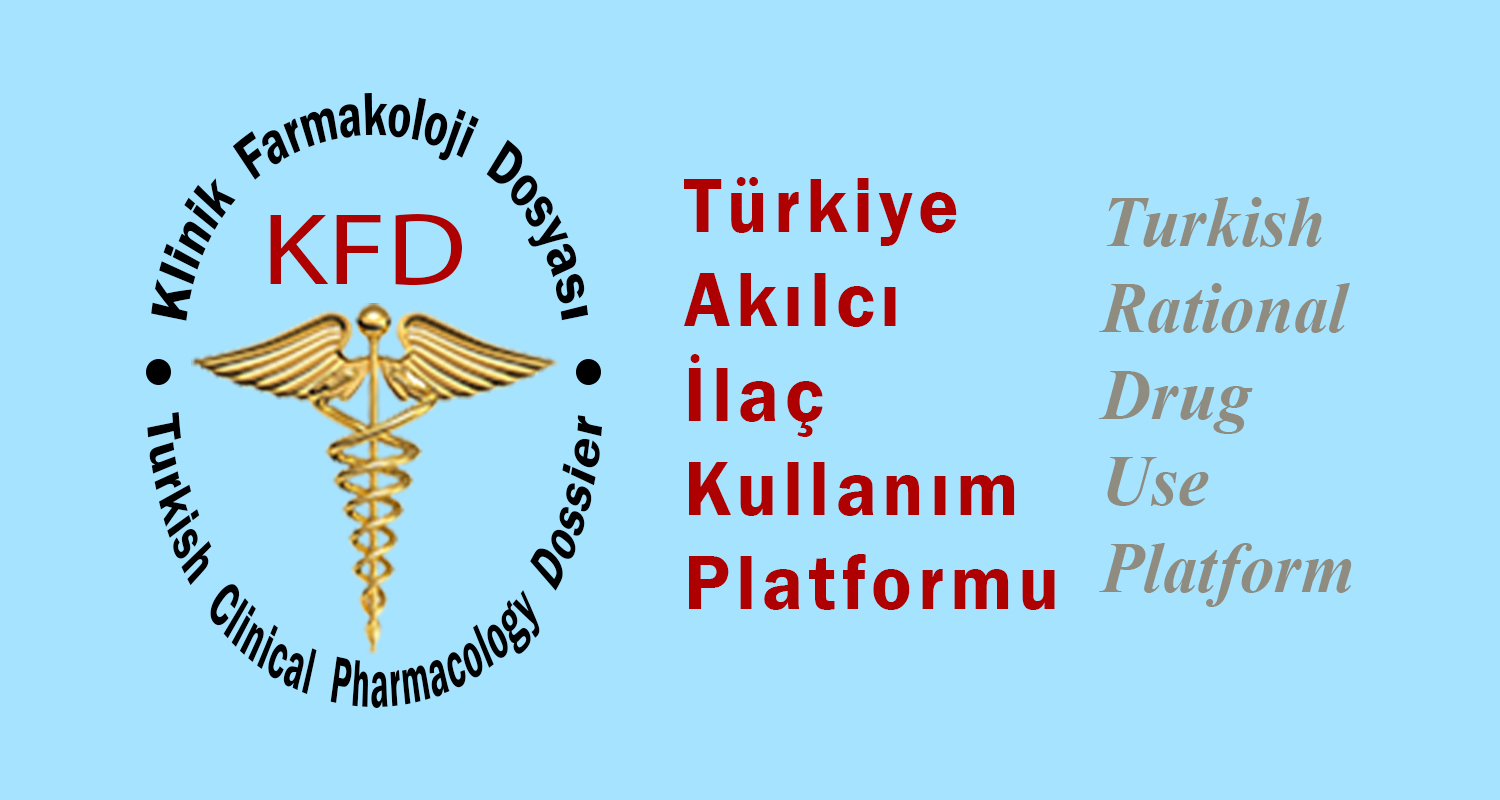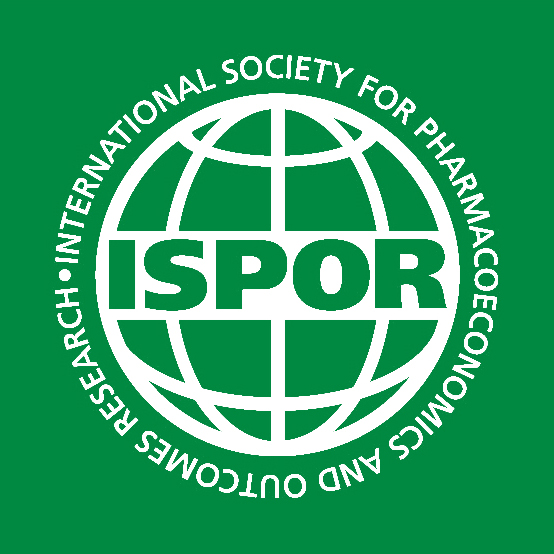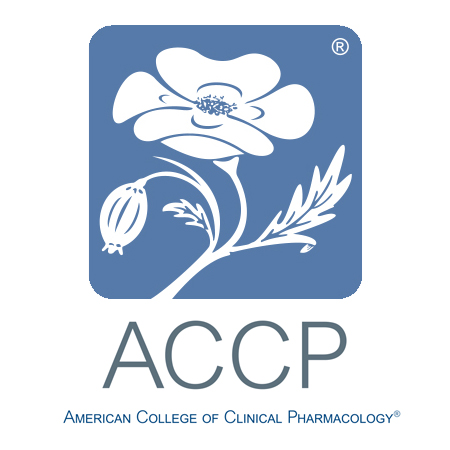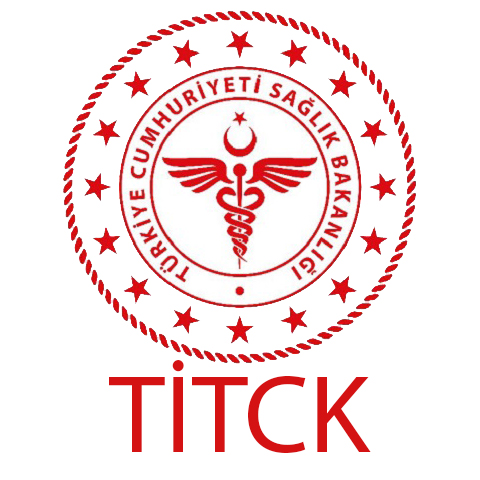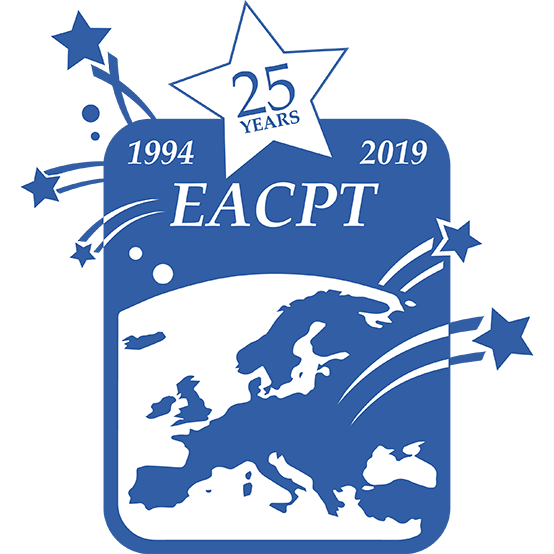Uzun süredir gerek Türkiyede (bknz: www.farmamedya.com) gerekse diğer ülkelerde çocuklarda santral sinir sistemi etkilerin kullanımı hem kamuoyunda ve hem de bilimsel arenada tartışılmakta. Son senelerde antidepressan ilaçların çocuklarda intiharı artırmasının kesin olarak gösterilmesinden sonra birçok ülkede özellikle SSRI grubu antidepressan kullanımı yasaklanmış veya kullanımlarına ciddi kısıtlama getirilmiştir. Çocuklarda kullanımı tartışılan diğer bir grup ilaç dikkat eksikliği tedavisinde kullanılan Ritalin ve benzeri ilaçlardır. Türkiyede de özellikle bazı paragöz psikiyatristler ve ilaç firmalarının etkisi ile bu ilaçların yaygın bir şekilde çocuklarda kullanılması önerilmiş ve yaygın şekilde kullanılmaya başlanmıştır. Çok ciddi yan etkileri olan ve bağımlılığa sebep olan bu ilaçlar fütursuzca reçete edilmekte.
Geçen Nisan ayında Teksas sağlık otoriteleri araştırmacılara “The Children Medication Algorithm Prtoject, CMAP” için rehber hazırlanması talimatı vererek, hangi psikiyatrik ilaçların çocuklarda en etkili olduğunun ve hangilerinin devlet tarafından desteklenen akıl sağlığı merkezlerinde kullanılacağının tesbitini istedi. Bir ay sonra Texas başsavcısı Greg Abbott bu projeye sahtekarlık karıştığı gerekçesi ile itiraz etti . Sahtekarlık bazı doktorların ilaç firmaları ile aralarındaki çıkar ilişkisinden kaynaklanmakta idi. Diğer bir sahtekarlık ise ilaç firmalarının yalan reklamlarla halkı kandırmaları olayı idi. İlaç firmaları, erişkin protokollarının hazırlanmasında görev alan bazı doktorlara çeşitli isimler altında rüşvet vererek bunların ilaç firmalarının çıkarlarını gözeten çocuk protokları hazırlamasını sağlamışlardı. Projede çalışan doktorlar ise tek amaçlarının çocukların sağlığını gözetmek olduğunu ve bunun için çaba harcadıklarını iddia etmişlerdir.
CMAP projesinde çalışan en az 4 kilit araştırmacının (hepsi Texas Üniversitesi ile ilişkili) ilaç firmalarından değişik şekillerde para aldıkları ve para aldıkları firmaların ilaçlarını protokola dahil ettikleri ortaya çıkınca bu doktorlar etkili gördükleri ve bilimsel yayınları olan ilaçları potokollara dahil ettiklerini iddia etmişlerdir. Hatırlanacağı üzere Harvard Üniversitesinin meşhur psikiyatristleride ayni argumanı kullanarak ilaç firmalarından aldıkları milyonlarca dolar karşılığı firmaların ilaçları ile ilgili pozitif yayın yaptıklarını ve hatta uydurma yayınlar yaptıklarını itiraf etmişlerdi. Texas doktorlarından Steven Shon da 2006 yılında erişkin protokollarının hazırlanmasında rol almış ve ilaç firmaları ile uygunsuz ilişkileri sebebi ile istifaya zorlanmıştı. University Texas psikiyatri uzmanlarından Dr. Graham Emslie ise protokolların hazırlanmasında ilaç firmalarının uygunsuz teklifleri ile karşılaşmadığını, bunun daha çok günlük reçete yazma pratiğinde gördüğünü itiraf etmiştir. Dr. Crismon isimli araştırıcının en az 10 ilaç firmasından para aldığı tesbit edilmiş ve CAMP projesinin kilit isimlerinden Crismon ve çalıştığı University Texas Eczacılık fakültesinin CMAP projesinden çıkartıldığı açıklanmış.
Yapılan tahkikatlar sonunda Texasta çocuk yuvalarında kalan çocukların üçte birine psikiyatrik ilaç yazıldığı ve doktorların bunun karşılığı ilaç firmalarından araştırma adı altınta para aldıkları tesbit edilmiştir. Birçok eyalette doktorların ilaç firmalarından aldıkları paraları rapor etmeleri gerekmemekte. Geçen yıl Iowa parlementeri Grassley tarafından verilen kanun teklifinde ilaç firmlarının doktorlara verdikleri paraların açıklanması istenmişti. İlaç firmaları bununla ilgili olara 168 milyon doları lobi faalietleri için harcamış ve kanunun çıkışını önlemişlerdi (bu hafta Massacussets eyaleti benzer kanunu kabul etti, bknz; haberler kısmı)
CMAP araştırmacıları:
Dr. M. Lynn Crismon: CMAP proje direktörü.UT Austin Eczacılık Fakültesi öğretim üyesi. Lilly, Janssen ve Pfizer gibi 10 firmadan para almış.
Dr. Graham Emslie:İ GSK, Pfizer, Lilly, Forest gibi firmalardan 2004 ten beri 125.000 dolar almış.
Dr. Steven Pliszka: Cephalon, Astra Zeneca, McNeil Ve Shire firmalartından 130.000 dolar almış.
Dr. Carroll Hughes: GSK ve bir BioBehabioral Diagnostics ten para almış.
Darısı bütün yazılanlara rağmen yüzü bir zerre kızarmayan, ilaç firmalarından çıkar sağlayan çeşitli komisyon üyelerimizin başına diyelim!
Not: Aşağıdaki yazıda rezilliğin başka bir boyutunu ve ilaç firmalarının doktorları nasıl yemlediğinin İngilizce orijinalini bulacaksınız!!!…
Some Texas foster kids' doctors have ties to drug firms
August 17, 2008
AUSTIN – One in three Texas foster children has been diagnosed with mental illness and prescribed mind-altering drugs, including some that the federal government has not approved for juveniles, state records show.
ERICH SCHLEGEL/DMN
Kristie Garcia, 23, fixes up the grave of her little brother, Christening "Mikie" Garcia, in Kerrville, Texas Friday July 11, 2008. "Mikie" died when he was 12 while under restraint while in foster care. At the time of his death, a toxicology report showed attention deficit and hyperactivity drug, an antidepressant, a mood stabilizer, and an antiphsychotic not FDA-approved drug for use in children in his bloodstream.
Many of these drugs are prescribed by doctors who have a financial stake in pharmaceutical companies' success, a Dallas Morning Newsinvestigation has found. Dozens of physicians who treat children in state custody supplement their salaries with tens of thousands of dollars in consulting and speakers' fees, and they use drug company grants to fund their research projects.
Accepting this money is not illegal, nor is it frowned upon in most medical circles. Many of the state's leading medical experts receive income or grants from drug companies, money that has funded groundbreaking scientific advances. And financial ties between doctors and pharmaceutical firms are frequently self-reported by physicians on their Web sites, conference programs and journal articles.
But while the psychiatric drugs given to foster children cost millions of taxpayer dollars a year, it's hard to know how much the doctors prescribing them are making from pharmaceutical companies. Texas, like most states, does not require disclosure.
The most prominent researchers can easily make $15,000 a year from each drug company they consult for, plus fees for speaking engagements that top $1,500 an event, according to financial disclosure forms some researchers are required to file because they work for state universities. Research grants often exceed $100,000, these records show.
Texas health officials say the overwhelming majority of these doctors have dedicated their careers to improving the mental health of foster kids, who have far higher rates of mental illness than the average child. They sacrifice time that could be spent on private-insurance patients, for whom doctors say they are paid more.
And officials say there are strict and effective rules to ensure that doctors' relationships with drug companies don't affect their prescriptions, including a ban on enrolling foster children in most clinical trials and guidelines on which drugs they should prescribe. A new health management policy was implemented this year to help oversee children's doctors' appointments, medication and health records – all of which state officials say will continue to curb unnecessary prescriptions.
Concerns about how much children in state custody are medicated continue, though. Some advocates have reported cases of multiple drugs being prescribed by doctors who weren't psychiatrists or pediatricians, and who spent less than 10 minutes examining their young patients. Foster care providers, who, until recently, had poor access to children's full medical records, are often the ones seeking the treatment for troubled children.
A brother lost
Wellbutrin for depression. Trazodone for insomnia. Paxil for anxiety. And Adderall for hyperactivity. That was teenager Kristie Garcia's daily regimen in 2001, months after white CPS vans pulled up to take her and her five siblings away from their suicidal father.
Days after she arrived at a campus that housed dozens of foster kids, Ms. Garcia received a routine psychiatric evaluation. Homesick, angry and miserable, she answered hundreds of questions from doctors whose names she no longer recalls – then swallowed every pill her care providers gave her.
At first, she slept all the time. When the exhaustion and constant fogginess gave way to strange voices in her head, Ms. Garcia said, she asked staff to take her off the drugs. They said no and told her if she refused them, she would be banned from swimming or watching movies.
As soon as she turned 16, Ms. Garcia got out of foster care and took herself off of the drugs. But her relief was short-lived. In late 2005, she learned that her little brother was dead – the result, autopsy reports show, of either suffocation or a heart attack while being restrained in foster care.
Toxicology reports show that Christening "Mikie" Garcia had four drugs in his bloodstream: an attention deficit medicine, an antidepressant, a mood stabilizer and an antipsychotic not federally approved for use in children. The drugs did not appear to reach toxic levels.
Authorities deemed the 12-year-old's death accidental, and the employee who restrained him was not charged with a crime.
"He didn't need any meds. He was the kind of kid who if someone had just threatened to call his mother, he probably would've stopped what he was doing," Ms. Garcia said, kneeling in a Kerrville cemetery to pull fistfuls of weeds from Mikie's grave. "I understand drugs for high blood pressure, for diabetes. But I know Mikie and I didn't need emotional stabilizers to live our lives."
No strings attached?
Many pharmaceutical companies fund studies and conferences with no strings attached, meaning they don't have control over outcomes or content. And drug companies don't pay doctors by the number of prescriptions they write – evidence, physicians say, that they aren't improperly influenced in the treatment of their patients.
Researchers say that doctors with the best reputations are the most sought out by major pharmaceutical firms.
"The people who are most respected are the ones who talk to drug companies, who become consultants for multiple companies, because their opinion is really valued," said Dr. Lawrence Ginsberg, whose Houston clinic has prescribed psychiatric drugs to nearly 2,000 foster children since 2002, according to state Medicaid records.
Dr. Ginsberg, an expert whose work has been published in various top medical journals, has consulted for nearly 20 pharmaceutical firms throughout his career.
"We prescribe the medication that works best for the patient irrespective of our relationship with a drug company," he said. "If a physician talks to all the companies and prescribes for all the companies, then no company has an edge."
States that require doctors who write prescriptions to foster children to report their financial arrangements have found evidence that their work can be affected.
In Minnesota, more than a third of the state's psychiatrists were found to take money from drug companies. A review of that state's data by The New York Times last year found that psychiatrists who received at least $5,000 from drug companies that make new antipsychotic drugs wrote three times more prescriptions to children than doctors who didn't receive the funding.
In Vermont, drug companies gave more to psychiatrists in 2007 than to doctors in any other field. Eleven psychiatrists received an average $57,000 each. Other national studies have shown that researchers who are on pharmaceutical company payrolls are more likely to report positive findings when reviewing those drugs.
Although such entanglements are common in the medical industry, they are increasingly raising concerns about improper influence.
This summer, The New York Times reported that three prominent Harvard University researchers responsible for discovering bipolar disorder in children – and for treating it with psychiatric drugs – were found to have failed to report a combined $3.2 million in income from drug companies to their university. Between 1994 and 2003, the number of children diagnosed with bipolar depression increased 40-fold, and the sales of the drugs used to treat it doubled.
Now an influential senator is asking that the American Psychiatric Association reveal its own financing. In 2006, the drug industry made up 30 percent of the association's $62.5 million in funding. Many mental health associations have also acknowledged accepting large sums from drug companies.
Collaborations between researchers and pharmaceutical firms are essential to the development of groundbreaking treatments and are painstakingly monitored to remove even the appearance of improper influence, said Ken Johnson, the senior vice president for the Pharmaceutical Research and Manufacturers of America, the advocacy group for the country's drug research and technology companies.
Mr. Johnson said in a written statement that clinical trials and research grants are designed and implemented with the oversight of the Food and Drug Administration and independent review boards "in order to ensure that the data procured is as reliable and accurate as possible."
"Clinical research is a critical element in the development of revolutionary medicines that help patients live longer, healthier lives," Mr. Johnson said.
Gwen Olsen, a drug industry watchdog, says drug companies are often holding the strings. She said she spent 15 years as a pharmaceutical sales rep trying to influence psychiatrists by minimizing drug side effects, sidestepping safety questions, and using marketing materials doctored to water down negative studies.
"You could take statistics and bar charts and make them look pretty much how you wanted them to," Ms. Olsen says in a video interview linked from her Web site, www.gwenolsen.com. "I saw firsthand several circumstances where my minimization of side effects or misinforming a physician had actually resulted in the patient being damaged and/or killed."
Ms. Olsen, who could not be reached for comment, came forward after her 20-year-old niece who had been taking Paxil committed suicide, according to published reports – first attempting to hang herself from a ceiling fan, then setting herself on fire.
How it works
All children entering Texas' foster care system get a routine health screening, and any who show symptoms of mental illness receive psychiatric evaluations. Until this year, the doctors who performed those exams were chosen by individual foster parents, caseworkers or the directors of residential treatment providers – the only stipulation being that they accepted patients on Medicaid.
Child-welfare watchdogs say these doctors, many of whom were in private practice or affiliated with private mental hospitals, operated for years with little oversight. Short on time and swamped with patients, some rarely spent more than a few minutes with their foster patients, they said, and relied on drugs instead of more time-consuming behavioral therapy.
Often, children missed doctors' appointments and doses of medicine – the result of poor record-keeping as they were shuttled between foster families and facilities.
In April, the state implemented a new health care system for foster children, one that makes appointments and selects doctors for them using a standardized list. Under the new program, any children with diagnoses other than minor depression or attention deficit hyperactivity disorder must be seen by a child psychiatrist. The system also keeps track of all the children's medical records, creating a "continuity of care."
Despite the heightened regulations, however, many of the doctors on the list are the same as were seeing many foster children before.
Texas health officials acknowledge past problems with foster children being overmedicated. A scathing 2004 report by the state comptroller found hundreds of foster kids as young as 3 were being given psychiatric drugs; one older child had 14 prescriptions for 11 different medications, at a monthly cost of more than $1,000.
But state health officials say that since 2005, they've made significant strides, reducing the share of kids taking psychiatric medicine from 38 percent to 32 percent. They've also whittled the number of 3-year-olds on mind-altering drugs by more than 25 percent and reduced the number of juveniles on five or more drugs by 20 percent, according to state data.
Prescriptions still common
Experts say the raw numbers are still high. In fiscal year 2007, nearly 15,000 of the 40,000 Texas children in state custody were prescribed at least one behavioral drug, costing the state $37.9 million.
It's hard to tell how this compares with the broader population; there are few national studies documenting the number of children on psychiatric drugs. In a 2006 analysis of more than 2 million patients served by Medco Health Solutions, a pharmacy benefit manager, 4.3 percent of children under 19 were on an ADHD drug, and 2.4 percent were on an antidepressant. Less than 1 percent were taking antipsychotic drugs, which are considered the most powerful.
Of the top five drugs most often prescribed to Texas foster children in 2007, two psychotropic drugs – Risperdal and Seroquel – were not approved for use in juveniles. Risperdal, an antipsychotic, has since been approved.
Many adult drugs are commonly prescribed to juveniles without federal approval, and not just foster kids. But some that have been proved perfectly safe in adults have had dangerous effects on children, including hallucinations and suicidal tendencies that have led to so-called black box warnings on drug labels.
And even drugs approved for use in children, while effective in treating mental illness, can have serious side effects, including twitching and tremors, muscle stiffness, severe exhaustion and excessive weight gain. Some studies have found that placebos are as effective as certain psychiatric drugs at treating juvenile depression, raising questions about the usefulness of the drugs in the first place.
Despite doctors' relationships with drug companies, there's no evidence that clinical trials have ever been run on foster children in Texas. The most prominent case of experimentation on foster children occurred in New York City in the late 1980s and early 1990s, when the city's child welfare administration enrolled hundreds of kids in AIDS drug trials.
The trials, which proved highly successful and dramatically reduced pediatric AIDS deaths, still sparked outrage years later over allegations that the children were enrolled without proper consent.
"It makes me wonder what real safeguards there are here to protect foster children in Texas from being involved in clinical trials," Jack Downey, president and CEO of the Children's Shelter of San Antonio, said of the Texas doctors' drug company relationships. "Whether any wrong is being done or not, there's certainly the perception" that doctors are benefiting from the foster care prescriptions.
Ties to companies
The News' review of the top-prescribing psychiatrists and clinics turned up many with financial relationships with pharmaceutical companies. Among these connections:
•An El Paso psychiatrist who prescribed psychiatric drugs to nearly 300 foster kids between 2002 and 2005 won nearly $150,000 in research funding from Pfizer and Eli Lilly, according to the Web site of the university he is affiliated with. He was also a guest lecturer for an AstraZeneca-sponsored conference at a California beach resort, according to the conference's brochure. He did not return repeated phone calls to his office.
•A Houston psychiatrist who prescribed psychiatric drugs to 490 foster children since 2002 has helped run ADHD, depression and schizophrenia clinical trials. His research facility has received funding from Eli Lilly, Glaxo SmithKline and Janssen, according to the facility's Web site. He did not return phone calls, and his assistant said he no longer works with foster children.
•A Houston doctor has given talks at Eli Lilly-funded events, held teleconferences for Eli Lilly sales representatives, and has pitched one of the company's drugs in speeches, according to her practice Web site. She has prescribed drugs to nearly 150 foster children. She did not return phone calls seeking comment.
Psychiatrists who work with foster children and for drug companies say one doesn't influence the other. Dr. Giancarlo Ferruzzi, a San Antonio psychiatrist who treats foster children and has consulted for at least five pharmaceutical firms, said professional relationships with drug companies have no effect on his prescribing patterns. And, he said, he frequently relies on drugs from companies he's never worked for; anything else "would be a dereliction of duty."
As a psychiatrist who treats children in foster care and also conducts clinical trials for new drugs, Dr. Carlos Guerra of Houston works with lots of pharmaceutical companies.
"But I don't sit there and think, 'Hey, a Concerta rep came in today,' " he said. "There is more data out for the newer drugs, which makes doctors more likely to use them. That's why it appears there's something unethical going on with the drug companies when there's not."
Fighting for her son
Mary Kitchens was in the next room when her autistic 8-year-old dropped a lighted candle onto her bed and was unable to communicate what he'd done. After the house burned and Ms. Kitchens depleted her other children's college funds to put Evan in a private psychiatric hospital, the state took custody of her son, telling Ms. Kitchens the second-grader was a danger to his family.
The piles of leftover drugs in Ms. Kitchens' carefully appointed Bandera home tell the rest of the story. Seroquel. Lithium. Depakote. Losartan. Trileptal. Risperdal. Concerta.
"You name it," Ms. Kitchens said wearily, her voice breaking with each drug's name. "He was given three times the amount given to adult patients. Each of these drugs was given to us by a child psychiatrist."
In foster care in a residential treatment center, Evan, who was not treated by doctors discussed in this report, grew progressively worse. He ballooned from a size 8 to a size 14 – a side effect of many psychiatric drugs. His eyes crossed, and he convulsed with tremors. He had nightmares and panic attacks and hallucinated that bats were chasing him.
Ms. Kitchens, horrified that she'd ever agreed to turn over her son, took out a loan and hired an experienced attorney. On her 40th birthday, she brought Evan home, carefully weaning him off all but one of the medications. Evan's behavior is far from perfect, Ms. Kitchens says, but he's safe and he's happy.
"He was supposed to be in state care, but nobody was looking after Evan but me," said Ms. Kitchens, watching the boy, now 12, wriggling on the kitchen floor with Puppy, his dachshund. "Now my kids don't take medications. I won't ever trust doctors again."
Are drugs needed?
Brett Ferguson, a Kerrville attorney who has represented the interests of foster children, said many in-custody diagnoses seem unwarranted. Almost every child he has represented has been placed on a psychiatric drug while in state care, Mr. Ferguson said, even for minor behavioral problems. Some were so drowsy with medication that they could hardly communicate, he said, and caseworkers refused his requests to reduce their dosages.
"The state takes a child that is upset, crying, yelling and screaming because they've just been taken from their families and, with all those symptoms, prescribes them medication," Mr. Ferguson said. "They think that if the child is unruly, it's easier to deal with them by medicating them than by counseling."
One former operator of a foster treatment center, who spoke only on condition of anonymity for fear of damaging his business relationship with the state, said that half of the children at his facility "could've done with less" psychiatric medication or none at all – and that many were already "zombies" by the time they arrived.
"It's a medical model. We didn't have any other options," said the operator, who acknowledged that sometimes doctors didn't even spend 10 minutes with a child before prescribing a drug. "I always questioned, 'If they didn't need them out there in the real world, why do they need them in here?' But I wasn't about to go against the doctor's orders."
Curbing this kind of overmedication has been a priority, said Darrell Azar, communications manager for the Texas Department of Family and Protective Services. So far in 2008, nearly 22 percent of all Texas foster children have been prescribed psychiatric drugs for more than 60 days, down from 26 percent in 2005.
The percentage is expected to keep dropping – the result of the new health management program and a review this fall of the state's drug procedures for children in foster care.
"We're a lot more confident today that children who don't need these medications aren't getting them," Mr. Azar said.
AT A GLANCE: MOST COMMON DRUGS
Of the top five psychotropic drugs most commonly prescribed to Texas foster children in fiscal year 2007, four cost more than $100 per prescription, and two cost more than $200 per prescription – some of the most expensive drugs given to foster kids. The following five drugs alone accounted for half of the $37.9 million the state spent on psychiatric drugs for foster children in 2007:
RITALIN
Company: Novartis
What it treats: Attention deficit hyperactivity disorder, or ADHD
Foster children who took it in 2007: 4,439
Total cost: $3.4 million
RISPERDAL
Company: Janssen
What it treats: Autism, schizophrenia
Foster children who took it in 2007: 3,753
Total cost: $6 million
CLONIDINE
Company: Now a generic
What it treats: ADHD
Foster children who took it in fiscal year 2007: 3,450
Total cost: $215,500
SEROQUEL
Company: AstraZeneca
What it treats: Schizophrenia and psychotic disorders
Foster children who took it in FY2007: 3,418
Total cost: $6.5 million
ADDERALL
Company: Shire
What it treats: ADHD
Foster children who took it in FY2007: 3,169
Total cost: $2.6 million
SOURCES: Department of Family and Protective Services, Texas Health and Human Services Commission
